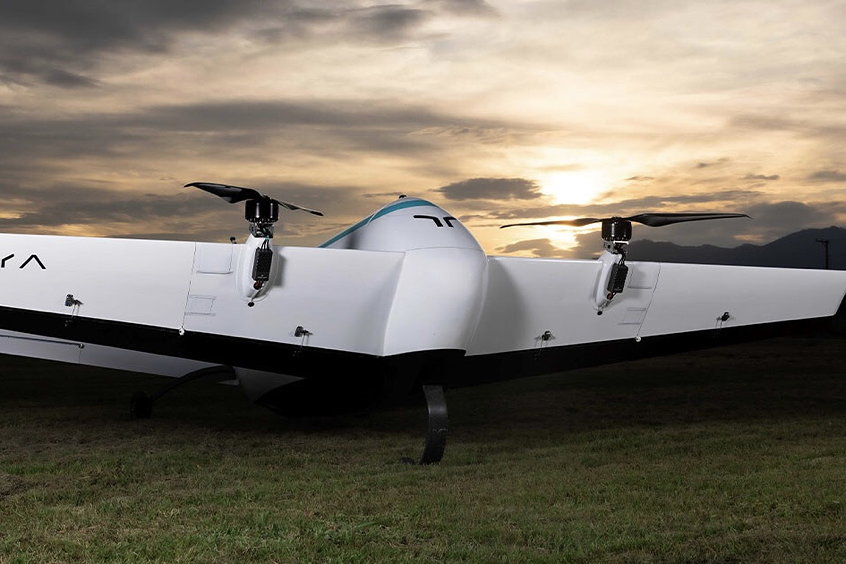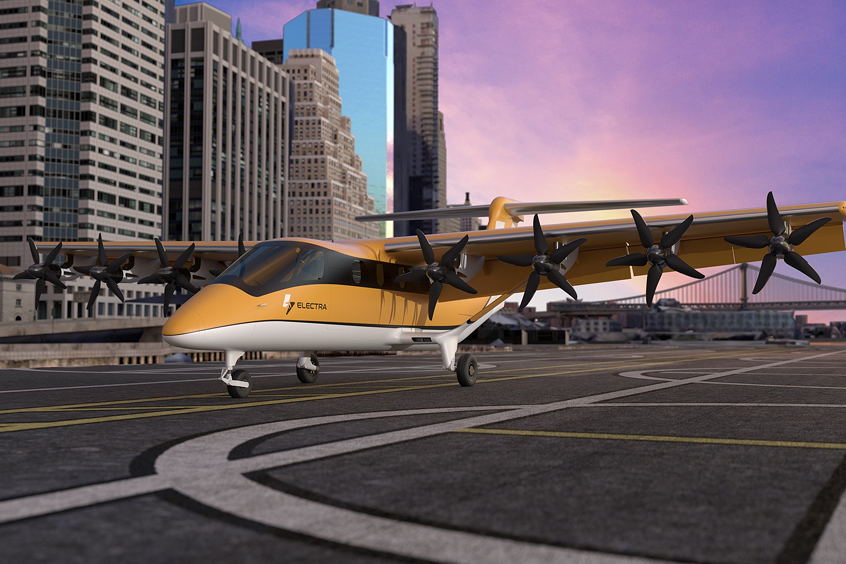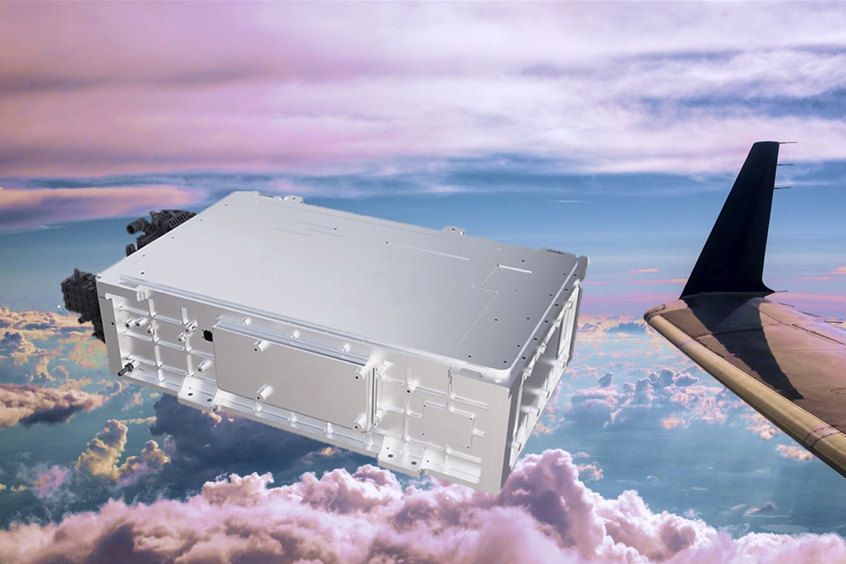Austro Engine, a sister company of Diamond Aircraft Industries, has launched a program, supported by Bosch General Aviation Technology GmbH, to develop a bivalent hydrogen engine. The initiative is in cooperation with the Austrian Research Promotion Agency (FFG) - owned by the Austrian Federal Ministry for Climate Action, Environment, Energy, Mobility, Innovation and Technology (BMK) and the Federal Ministry for Digital and Economic Affairs (BMDW), and the Vienna University of Technology The research project is scheduled for completion by end of 2024.
“In renowned studies, hydrogen is regarded as the energy storage medium of the future. Undoubtedly, many challenges in the production and especially handling as well as infrastructure are not yet clarified. True to the motto "If you don’t go forwards you go backwards", Austro Engine is taking responsibility for the next generation of propulsion systems for general aviation,” says Felix Zahradnik, Chief Technology Officer, Austro Engine. “In addition to highest efficiency with lowest emissions, factors such as operating costs, safety and worldwide availability have been decisive in determining the strategy of future propulsion concepts. We see our long-term future not only with sustainable aviation fuels, but also believe that hydrogen direct combustion might be a good propulsion system for general aviation.”
The company explains that there are two different methods for the direct combustion of hydrogen in a piston engine. The initial ignition of the air/hydrogen mixture can be done either by a spark plug or an ignition jet. The advantage of initiating the combustion by a spark plug is a constant 100% hydrogen operation, which in the ideal case was generated 100% regeneratively. However, if the ignition jet method is chosen, there are clear advantages for general aviation. In the present case, the ignition jet is generated by the existing combustion process with kerosene. The substitution rate of kerosene by hydrogen can be adjusted for combustion stabilization but can also be modulated to 100% kerosene operation due to the current lack of availability of pure hydrogen in some regions of the world. The use of Sustainable Aviation Fuels (SAFs) instead of conventional fossil kerosene for the ignition jet also meets the requirement of 100% substitution of fossil components and has no disadvantages compared to the spark plug-powered hydrogen engine in terms of sustainability.
Despite the early development stage of this project, considerable success has already been achieved. A 90% energy substitution rate at part load was achieved, which means a 99% reduction in CO emissions and 89% in CO2 emissions. In addition to the focus on reducing CO and CO2, the already extremely low emissions of unburned hydrocarbons (HCs) at full load (maximum take-off power) were also reduced by 25%. Besides basic research and combustion development, topics such as durability (hydrogen embrittlement) and EASA certification are the focus of the further course of this project. All research has been currently solely carried out on a test bench. Further information will be released after completion of the three-year program.
“Partnerships across industry borders are crucial to achieve sustainability in aviation. At Bosch Aviation Technology we are proud to be technology partner of Austro Engine and the Vienna University of Technology in public funded projects, which integrate hydrogen in an existing engine line-up,” comments Christian Grim, General Manager Bosch General Aviation Technology GmbH. “We are convinced that hydrogen will play a major role in regard to sustainable aviation solutions if used with fuel cells or in hydrogen engines. To face decarbonization as a major challenge for general aviation, it will become increasingly important to search for alternative propulsion systems.”
Diamond Aircraft and Austro Engine, together with Lufthansa Aviation Training, are also working on Sustainable Aviation Fuels options for the Austro Engine powered aircraft line.
| Contact details from our directory: | |
| Diamond Aircraft Industries GmbH | Airframer |
| Austro Engine GmbH | Piston Diesel Engines, Rotary Engines |
| Bosch General Aviation Technology GmbH | Electric Drives, Engine Controls, Radar Detectors |
| Related directory sectors: |
| Engines |
Weekly news by email:
See the latest Bulletin, and sign up free‑of‑charge for future editions.

Altair collaborates with aerospace startup Moya Aero to develop eVTOLs

Electra reveals design for EL9 hybrid-electric aircraft
Piper Aircraft achieves AS9100 certification
